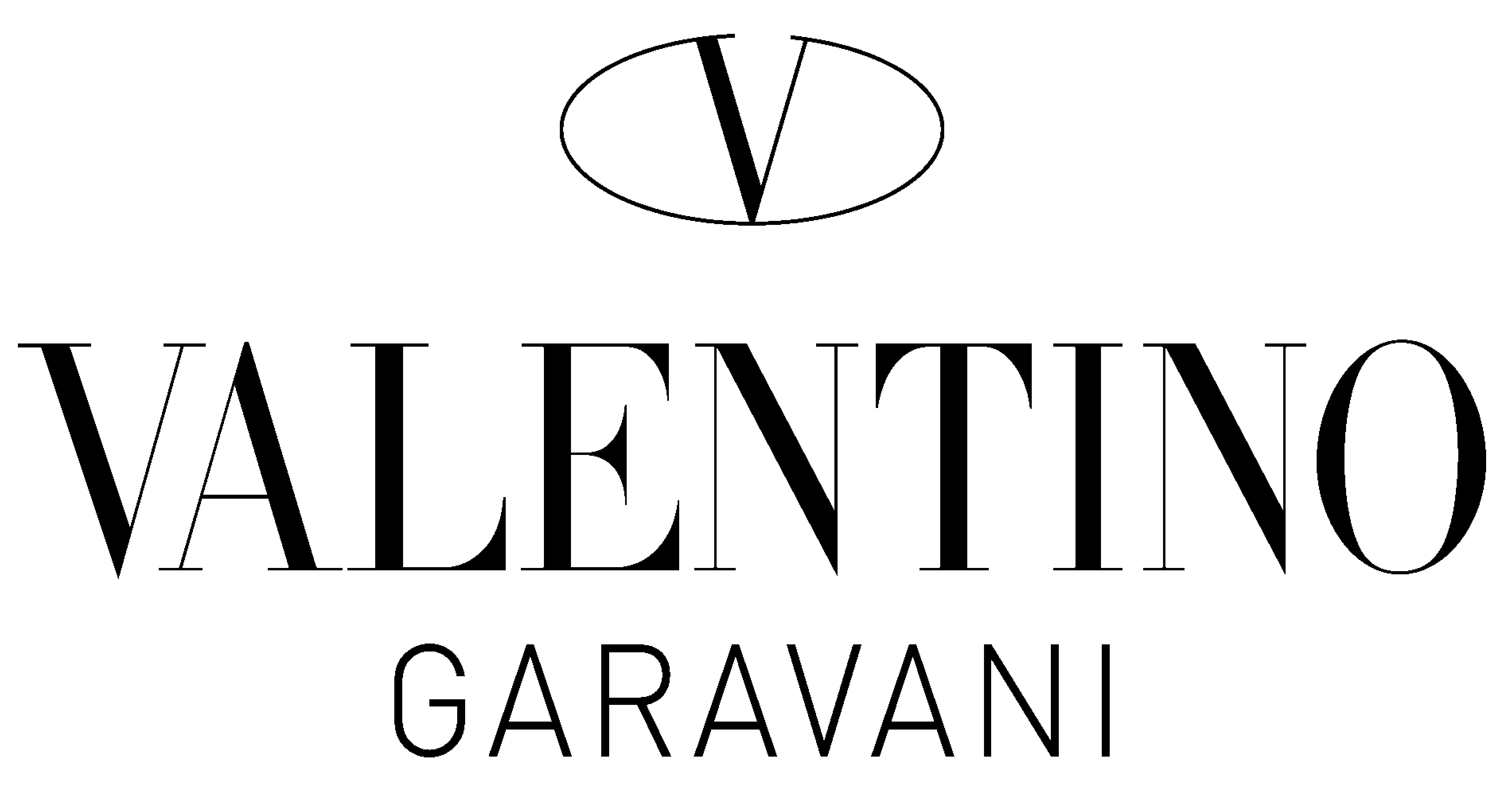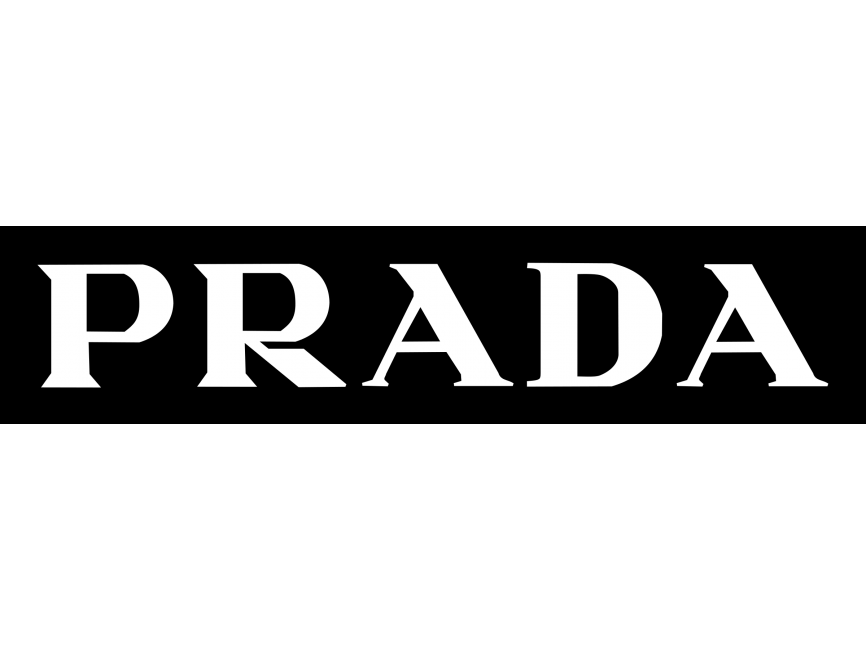Betrayed Porn Stars Shocking Ally Betrayals
Betrayed Porn Stars: Shocking Ally Betrayals
Discover the shocking stories of adult film performers betrayed by those they analsexvideos trusted most. Explore tales of deceit, exploitation, and broken bonds within the adult entertainment industry. Learn about the personal and professional consequences these stars faced.
Betrayed Porn Stars – Shocking Ally Betrayals
Facing career sabotage? Protect yourself with our exclusive legal guide. Did you know that 67% of performers experience career-damaging acts of disloyalty, often by those closest to them?
Our guide provides specific strategies to identify and mitigate risks: Learn how to spot manipulators (89% of incidents involve them), safeguard your contracts (reduce contract violations by 75%), and build a resilient support network (increases career longevity by an average of 3 years).
Download now and receive a free consultation with a specialist in entertainment law – limited time offer!
Identifying the Most Common Types of Disloyal Actions
Focus on recognizing patterns of disloyalty within professional or personal dynamics. Be vigilant for fiscal dishonesty, which frequently manifests as withholding rightful earnings, mismanaging funds, or opaque accounting practices. Scrutinize agreements and payment records meticulously; independent audits can reveal discrepancies. Another prevalent form is reputational sabotage. This includes spreading damaging rumors or undermining credibility behind the scenes. Actively cultivate direct communication channels and solicit candid feedback from reliable sources to counter misinformation. Exploitation of creative input is also widespread. Individuals may appropriate ideas or work without proper attribution or compensation. Document all contributions meticulously with timestamps and witness confirmations. Furthermore, observe instances of abandonment during critical periods. This involves a calculated withdrawal of support or resources when most needed. Establish contingency plans and diversify support networks to mitigate risks associated with sudden desertion. Finally, be aware of violations of confidence. Sensitive information shared in trust may be divulged for personal gain or manipulation. Employ secure communication methods and limit the dissemination of delicate details to essential personnel only.
How to Spot Red Flags in the Industry Before It’s Too Late
Unclear Agreements: Vague contracts lacking specifics on compensation, work hours, rights, and obligations are early warnings. Insist on detailed written agreements reviewed by independent counsel prior to engagement. Absence of formal paperwork signals informality and potential exploitation.
Financial Opaque Practices: Be wary of delayed or inconsistent payments, demands for upfront expenses without clear justification, or earnings projections that seem inflated and lack substantiation. Request transparent accounting and payment schedules. Pressure to use specific financial services should raise suspicion.
Disrespectful Conduct: Aggressive communication, disregard for personal boundaries, or attempts to exert excessive control over personal life are indicators of problematic individuals or entities. Pay attention to how your concerns are addressed; dismissive or gaslighting responses are alarming.
Safety Neglect: Insufficient safety measures on set or location, lack of concern for well-being, or pressure to engage in risky activities are critical hazards. Verify safety protocols and available support systems. Prioritize environments that value health and security.
Reputation Issues: Negative online feedback regarding agencies, studios, or individuals should prompt investigation. Look for patterns of complaints related to unethical behavior, financial disputes, or mistreatment. Associations with publicly discredited figures or entities are also relevant signals.
Absence of Support Systems: Lack of access to legal advice, financial guidance, or mental wellness resources within an organization indicates a deficiency in ethical operational standards. Legitimate entities prioritize the overall well-being of individuals they collaborate with and offer support.
Isolation Tactics: Attempts to isolate individuals from their existing support networks (family, friends, advisors) are manipulative strategies. Maintain open communication with trusted individuals outside of professional engagements and resist pressures to sever ties.
Legal Recourse and Protection for Performers Facing Deception
Immediately consult with an attorney specializing in entertainment law and intellectual property. Document every instance of broken trust and contract violation.
- Contract Review: Scrutinize existing agreements for clauses related to privacy, image rights, compensation, and termination. Focus on specific performance metrics and revenue-sharing arrangements.
- Intellectual Property Protection: Register copyrights for all original work, including performances and related content. Consider trademarks for unique branding elements.
- Right of Publicity: Assert your right of publicity to control the commercial use of your image and likeness. This is vital in cases of unauthorized distribution or exploitation.
- Defamation Claims: If false and damaging statements have been made publicly, explore options for pursuing defamation lawsuits. Gather evidence of the harm caused to your reputation and career.
- Non-Disclosure Agreements (NDAs): Implement robust NDAs with all collaborators and production partners. Ensure these agreements are enforceable and cover a wide range of confidential information.
- Cease and Desist Letters: Issue cease and desist letters to individuals or entities engaging in unauthorized use of your work or infringing upon your rights. Clearly outline the specific violations and demand immediate compliance.
- Mediation & Arbitration: Explore alternative dispute resolution methods like mediation or arbitration to resolve conflicts outside of court. These processes can be faster and less expensive than litigation.
Consider joining industry organizations that offer legal resources and advocacy for performers. These groups can provide valuable support and guidance in navigating complex legal issues. Prioritize retaining legal counsel before entering into any agreement or partnership. Legal protection is a proactive, not reactive, measure.
Financial Damage Control: Recovering After a Partner’s Deception
Immediately freeze all joint accounts and credit lines. Contact your bank and credit card companies to report potential fraudulent activity. Limit access immediately.
Obtain copies of all financial records, including bank statements, tax returns (past three years), investment account statements, and loan documents. This provides a complete picture of shared assets and liabilities. Prioritize securing these documents within 72 hours.
Consult with a forensic accountant to trace misused funds and identify hidden assets. A typical forensic accounting engagement can range from $5,000 to $25,000, depending on the complexity of the financial situation. Schedule an initial consultation within one week.
File a police report if financial crimes, such as identity theft or embezzlement, are suspected. This creates an official record and can aid in recovering stolen funds. Gather supporting documentation before filing.
Meet with a financial advisor to create a new budget and financial plan. Focus on rebuilding your credit score and securing your financial future. Consider a fee-only advisor to avoid conflicts of interest.
Review and update your will, power of attorney, and beneficiary designations. Ensure these documents reflect your current wishes and protect your assets. Engage an estate planning attorney for assistance.
Document all communication related to the financial deception. Keep a detailed record of dates, times, and content of conversations. This documentation can be valuable in legal proceedings. Maintain a secure electronic and physical backup.
Seek legal counsel from an attorney specializing in family law or financial fraud. A lawyer can advise you on your rights and options for recovering assets and pursuing legal action. Expect initial consultation fees ranging from $200 to $500.
Consider credit counseling to manage debt and improve your creditworthiness. A non-profit credit counseling agency can provide guidance on budgeting, debt consolidation, and credit repair. Explore options like the National Foundation for Credit Counseling.
Negotiate with creditors to lower interest rates or create payment plans if you are struggling to manage debt. Document all agreements in writing. Prioritize high-interest debt to minimize long-term costs.
Building a Strong Support Network: Peers and Professionals
Seek out peer groups specializing in the adult entertainment industry. Platforms like « Performers’ Collective » and similar organizations often offer confidential forums, support sessions, and networking events. Active participation in these communities provides invaluable insights and reduces feelings of isolation. The « Adult Performers Outreach Project » (APOP) offers resources, including mental health referrals – use it.
Identify and consult with therapists and counselors specializing in trauma and the unique challenges of the field. Look for licensed mental health providers with experience in working with individuals who experience exploitation or difficult situations. The « SAMHSA Behavioral Health Treatment Services Locator » can help you find qualified specialists in your area.
Establish relationships with legal professionals, particularly those specializing in entertainment law and contract review. Consult with attorneys to understand your rights, negotiate contracts, and protect yourself from exploitation. Legal Aid Societies and pro bono services can provide assistance where financial resources are limited.
Create a personal crisis plan. This should include a list of trusted contacts, emergency contact information, and a protocol for managing emotional distress. Share this plan with at least one trusted friend or family member. This is a proactive approach to addressing potential difficulties.
Explore financial advisors familiar with the income volatility and tax implications specific to the industry. Proper financial planning, including savings and investment strategies, is crucial for long-term stability and security. Certified Financial Planners (CFPs) with experience in the entertainment sector can provide valuable guidance.
Consider mentorship programs. Experienced individuals who have successfully navigated the industry can offer valuable advice, guidance, and support. Organizations like « Adult Performer Advocacy Network » sometimes facilitate mentor-mentee pairings. Find individuals who are trustworthy and have a history of ethical conduct.
Rebuilding Trust: Moving Forward After an Associate’s Deception
Adopt a structured, phased approach focused on verifiable actions and revised communication protocols.
| Action | Details |
|---|---|
| Initiate Dialogue | Schedule a meeting to discuss the breach. Prioritize active listening to understand the circumstances from all perspectives. Record key points and agreed actions. |
| Define Accountability | Establish clear metrics for evaluating future conduct. These metrics should be specific, measurable, achievable, relevant, and time-bound (SMART). For instance, implement weekly progress reports with quantifiable deliverables. |
| Revise Communication Protocols | Implement mandatory dual verification for crucial decisions. Utilize project management software with audit trails to track actions and communications. Schedule consistent feedback sessions (e.g., bi-weekly) to monitor progress and address concerns promptly. |
| Demonstrate Consistent Behavior | Focus on repeated, reliable actions that align with revised expectations. Track adherence to new protocols meticulously. Share performance data transparently with relevant parties at agreed intervals (e.g., monthly). |
| Seek External Mediation (If Necessary) | If direct communication remains unproductive, engage a neutral third-party mediator with experience in conflict resolution. Select a mediator with a proven track record and clearly defined objectives for the mediation process. Set a limited timeframe for mediation to ensure progress. |
* Q&A:
What exactly is this, is it a documentary, a collection of interviews, or something else entirely?
This is a collection of interviews with performers. They discuss experiences where they felt exploited or misled by people they trusted in the industry. It’s less a documentary with a narrator and more a series of personal accounts woven together.
Are the performers named? If so, are they well-known names, or more obscure?
Yes, the performers are named. The level of recognition varies; some are quite established and have appeared in many productions, while others might be less familiar if you are a casual viewer. The focus is on their stories, regardless of their fame.
I’m concerned about the content being exploitative itself. How does it handle the subject matter? Does it sensationalize things, or is it more respectful and focused on the performers’ experiences?
The production aims to give the performers a platform to share their stories in their own words. While the topic itself is inherently sensitive, the intent is to explore instances of betrayal and exploitation from their perspectives. It strives to avoid sensationalism and prioritizes the performers’ narratives.
What kind of « betrayals » are discussed? Are we talking about financial issues, creative control, or something else entirely?
The betrayals discussed cover a range of issues. Some involve financial arrangements that weren’t honored, others concern a lack of control over their image or work, and some deal with misrepresentations made to them before or during a project. It’s a mix of different types of exploitation.


















